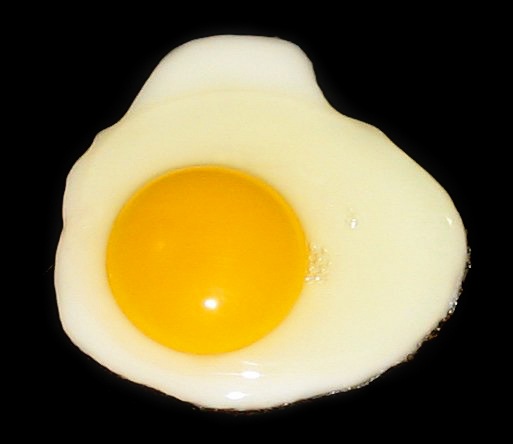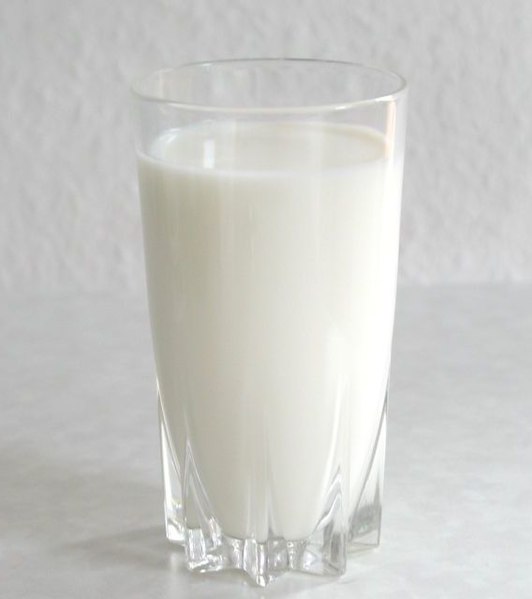A long-time vegan diet promoter Prof-emeritus T.C Campbell of Cornell University, author of The China Study book, used to claim in his studies that adding protein to high carbohydrate mice diet does trigger the cancer while removing it reduces the frequency and size of cancerous tumors. Campbell argues that casein, a protein found in milk from mammals, is "the most significant carcinogen we consume" (see Wiki T. Colin Campbell and Talk by T. Colin Campbell Archived 2011-04-17 at the Wayback Machine, Google Videos, 20:24 mins, accessed December 3, 2010.).
Campbell's theory has been questioned for some time. Most notably, Denise Minger has posted some very in-depth and thorough analyses on-line discussing what exactly may have gone wrong with Campbell's research.
This study found that the reality is in fact quite the opposite to the scientist's claim, showing that a high protein low carbohydrate diet had in fact almost completely protected the genetically-modified cancer-susceptible mice against getting cancer (while the high-carbohydrate control group got 50% cancer!)
"A Low Carbohydrate, High Protein Diet Slows Tumor Growth and Prevents Cancer Initiation", by
Victor W. Ho, Kelvin Leung, Anderson Hsu, Beryl Luk, June Lai, Sung Yuan Shen, Andrew I. Minchinton, Dawn Waterhouse, Marcel B. Bally, Wendy Lin, Brad H. Nelson, Laura M. Sly and Gerald Krystal, Published in Cancer Research/AACR, July 2011
Quote
Abstract
Since cancer cells depend on glucose more than normal cells, we compared the effects of low carbohydrate (CHO) diets to a Western diet on the growth rate of tumors in mice. To avoid caloric restriction–induced effects, we designed the low CHO diets isocaloric with the Western diet by increasing protein rather than fat levels because of the reported tumor-promoting effects of high fat and the immune-stimulating effects of high protein. We found that both murine and human carcinomas grew slower in mice on diets containing low amylose CHO and high protein compared with a Western diet characterized by relatively high CHO and low protein. There was no weight difference between the tumor-bearing mice on the low CHO or Western diets.
Additionally, the low CHO-fed mice exhibited lower blood glucose, insulin, and lactate levels. Additive antitumor effects with the low CHO diets were observed with the mTOR inhibitor CCI-779 and especially with the COX-2 inhibitor Celebrex, a potent anti-inflammatory drug. Strikingly, in a genetically engineered mouse model of HER-2/neu–induced mammary cancer, tumor penetrance in mice on a Western diet was nearly 50% by the age of 1 year whereas no tumors were detected in mice on the low CHO diet. This difference was associated with weight gains in mice on the Western diet not observed in mice on the low CHO diet. Moreover, whereas only 1 mouse on the Western diet achieved a normal life span, due to cancer-associated deaths, more than 50% of the mice on the low CHO diet reached or exceeded the normal life span. Taken together, our findings offer a compelling preclinical illustration of the ability of a low CHO diet in not only restricting weight gain but also cancer development and progression. Cancer Res; 71(13); 4484–93. ©2011 AACR.
What was also interesting that an addition of an anti-inflammatory COX-2 inhibitor drug (Celebrex, 1g/kg body) slowed down the tumor growth by about a half, regardless of a diet! Not sure how to interpret it, perhaps that inflammation accelerates the tumor growth in general?




























